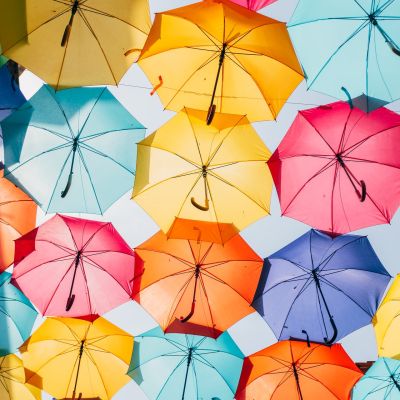Shame
“It’s rather unfortunate that our educational institutions and systems are so reluctant to understand, or they simply ignore, the importance of providing our youth with CSE that can help erase the shame and crippling self-doubt around sexuality, bodies, reproductive rights and wellness.
It is unfortunate that one of the most fundamental processes of human life is shunned to the extent that we’ve been taught, and so we learn to dismiss the natural feelings our bodies produce.
This issue of In Plainspeak while inviting us to embrace the joys and pleasure in movement, also questions the ways in which movements are facilitated or obstructed, visibilised or invisibilised, and the spaces that we must envision to find freedom in/to movement.
In this write up, we’d like to share a sense of what emerges from a compilation of these responses. This is based on the thoughts and feelings that come through for those of us here at In Plainspeak who have had the joy of reading the original responses as they came in to us. (Some of the quotations that follow have been slightly edited for flow and to help connect themes.) We know that most things in the realm of art, information and ideas lend themselves to a wide range of inferences and insights depending on the individuals making the inferences.
Where did my body go? This is a question I have asked myself repeatedly over the last two years. My…
Of course, one needs to acknowledge that this word did not magically turn up in the vocabularies of the ‘good girls from good families’ that came to a convent school to learn ‘good things’ everyday. The extensively gendered environment which promised to manufacture highly-marriageable ‘young ladies’, aided by the insistence of middle-aged spiteful teachers to absolutely destroy any kind of existence that does not constantly bow it’s pretty, two-plaited head to the heteronormative male gaze, created a suffocatingly toxic atmosphere.
We must all care for ourselves and be discerning about when and where and with whom we show our cards…but those who can hold our emotional and sexual vulnerability are out there, and we can find them and be all of who we are.
Those who are rendered vulnerable due to their gender or sexuality, particularly those who are economically and socially disadvantaged (or less powerful) and lack the agency to speak up for themselves, are more prone to allegations, social ostracism and marginalization.
At sixteen, the senior boy I loved, touched me down there and said, this is what boyfriends do, this is what love feels like – uncomfortable.
I discovered the movie What Will People Say? while browsing Netflix. Growing up in a society in which people are…
For I was a woman / Taught to chain herself gracefully / In an invisible cage.
We need to disturb the institutionalised infrastructure and skew power dynamics even when it comes to something as complex as pleasure. Being aware of our language and the practices of our sexuality and denuding them of socially imbibed constructions will open up a safe space for discussing the diversity of our sexual behaviour.
One summer afternoon some moons ago, a man at work assigned to help me move numbers on an excel sheet…
Erotica, which according to statistics is largely a women dominated genre, often creates a platform where women across space and time can connect and don’t feel alienated in their sexual needs when they find a heroine with the same desire, or when they read about a plot situation which resonates with their own.















